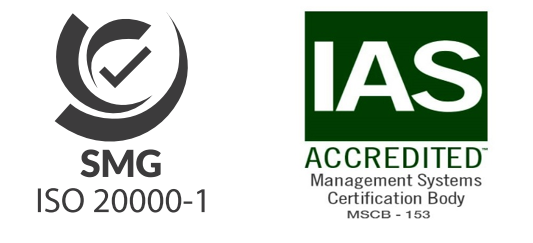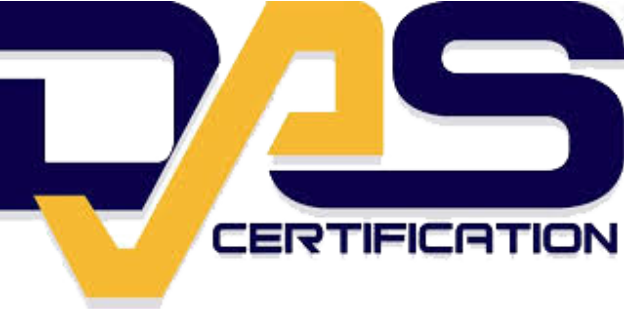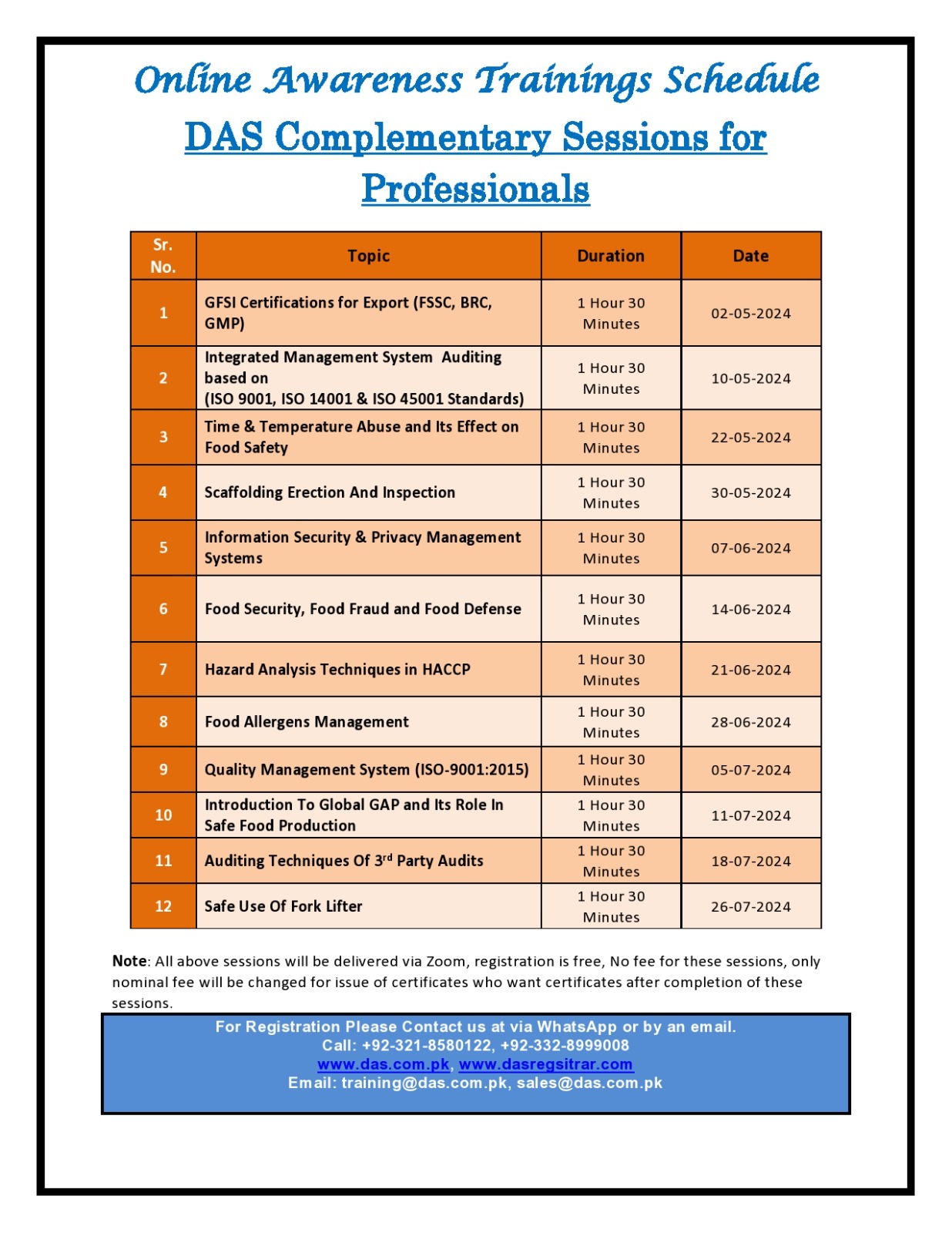ISO 20000 – Information technology — Service management
DAS is the representative of SMG Inc Canada under an agency agreement to provide 3rd party certification services for multiple standards as per below mentioned Schedule of Accreditation, SMG is holding Accreditation form International Accreditations Services -IAS USA and IAS is the member of International Accreditation Forum (IAF)

ISO 20000- IT is essential to delivering today business. However, concerns are increasingly being raised about IT services, both internal and outsourced, not aligning with the needs of businesses and customers.
A recognized solution to this problem is to use an IT Service Management System (ITSMS) based on ISO/IEC 20000, the international standard for IT service management. Certification to this standard enables you to independently demonstrate to your customers that you meet best practice.
ISO/IEC 20000 is based on and replaces BS 15000, the internationally recognized British Standard.
ISO/IEC 20000 is published in two parts:
Part One is the specification for service management which covers the IT service management. It is this part which you can be audited against and it sets out minimum requirements that must be achieved in order to gain certification.
Part Two is the code of practice for service management, which describes the best practices for service management processes within the scope of the specification.
ISO/IEC 20000 is applicable to any organization, large or small, in any sector or part of the world which relies on IT services. The standard is particularly suitable for internal IT service providers, such as IT departments, and external IT service providers, such as IT outsourcing organizations.
The standard is already making a positive impact in some of the leading IT-dependent sectors, such as the business process outsourcing, telecommunications, finance and public sectors.
Certification of ISO 20000 brings with it many benefits and advantages. These will of course differ from organization to organization. However, the following list is a pretty good representation of the common results:
- Alignment of information technology services and business strategy
- Creation of a formal framework for current service improvement projects
- Provides a benchmark type comparison with best practices
- Creates competitive advantage via the promotion of consistent and cost-effective services.
- By requiring ownership and responsibility at all levels, it creates a progressive ethos and culture.
- Supports ‘interchanging’ of service providers and staff by virtue of the creation of inter-enterprise operational processes.
- Reduction of risk and thus cost in terms of external service receipt
- Through the creation of a standard consistent approach, aids major organizational changes.
- Enhanced reputation and perception Fundamental shift to pro-active rather than re-active processes
- Improved relationship between different departments via better definition and more clarity in terms of responsibility and goals.
- Improved relationship between different departments via better definition and more clarity in terms of responsibility and goals.
With a blend of highly competent system tutors, assessors and technical expertise, DAS Certification, all around the globe, provides the confidence that organizations are implementing Healthy and Safe working environment prioritizing ZERO-ACCIDENT / INJURY FREE work practices by systematically identifying, assessing, controlling and mitigating/eliminating the workplace hazards and associated risks with compliance to industrial, legal, regulatory and/or international standards.
- Enquiry Handling
- Formal Application (Certification Scope)
- Stage I Assessment / Audit
- Stage II Assessment / Audit
- Award of Certificate
- Continuing Assessment through Surveillance Audits
- Renewal of Certificate / Recertification

